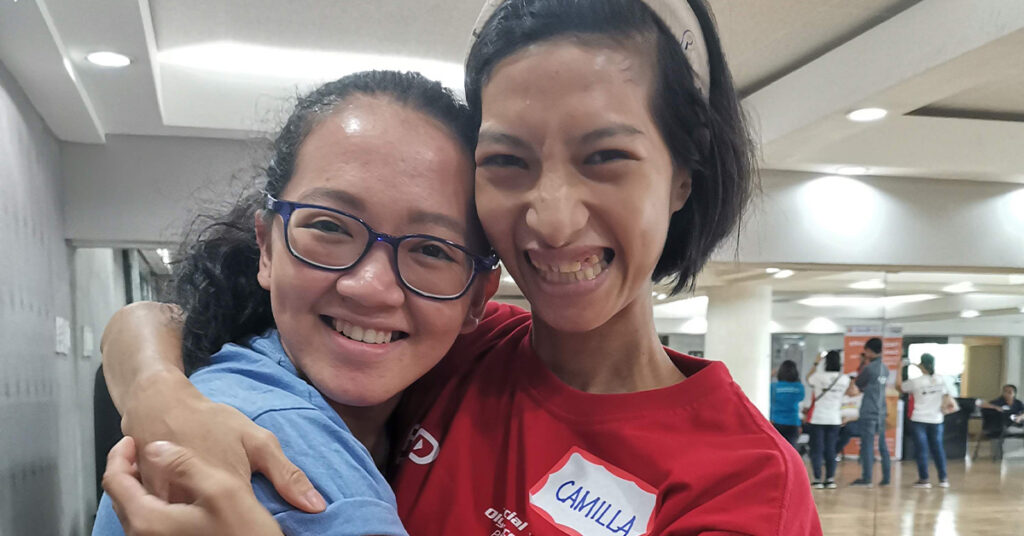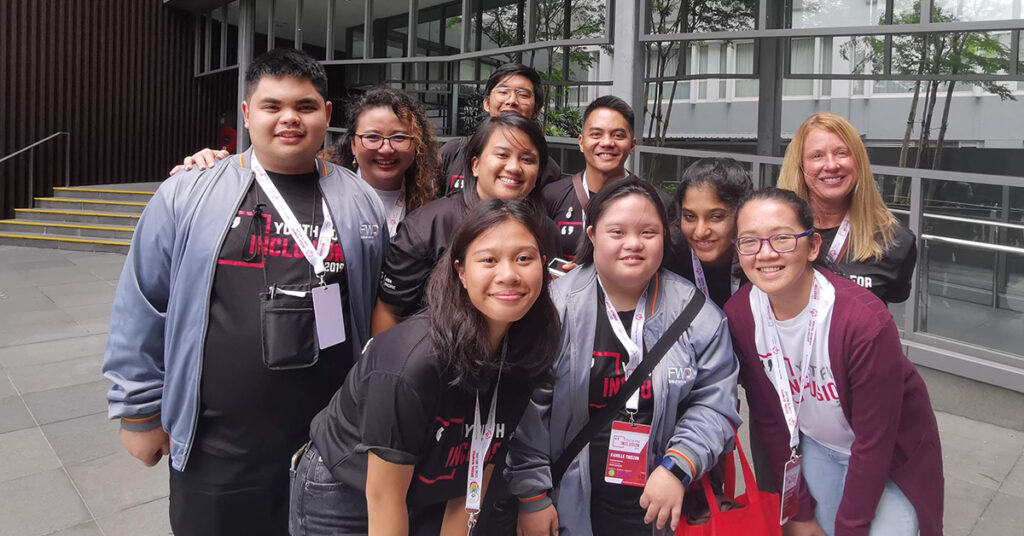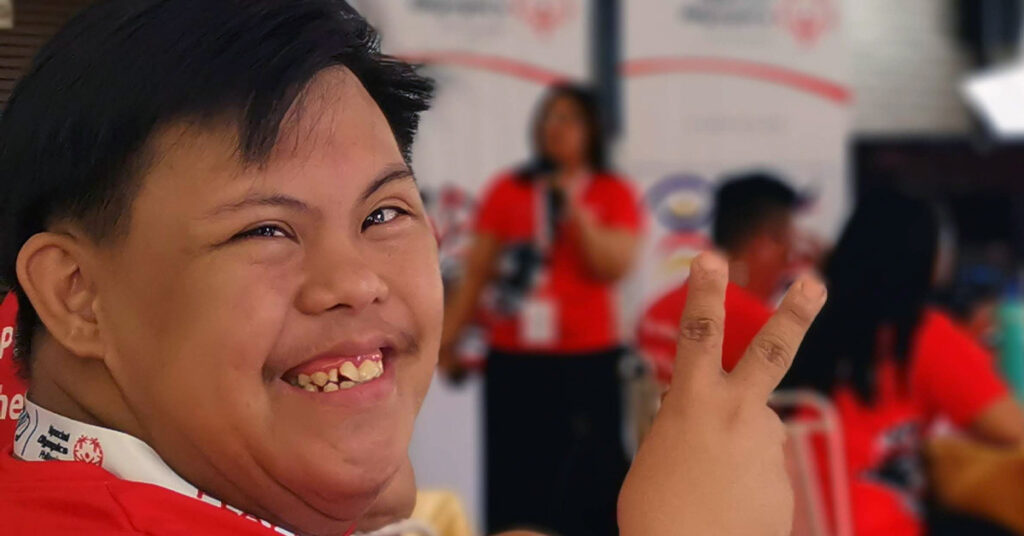Both considered ‘invisible disabilities’ that affect cognitive function, mental illnesses and intellectual disabilities are often misinterpreted as synonymous—but how they differ matters greatly
Since both can sometimes fall under the umbrella of so-called “invisible disabilities”, it can be quite a challenge to distinguish intellectual disabilities from mental illnesses. Nevertheless, it is crucial to understand how the two forms of disabilities differ.
Each one entails misconceptions based on social stigma surrounding them, and having a better grasp of what they mean and how best to deal with persons with intellectual disabilities and mental illnesses, respectively, can help diffuse such stigma.
In this article, we give an overview of the key differences between mental illness and intellectual disabilities.
Is Mental Illness The Same As Intellectual Disabilities?

The World Health Organization defines mental illnesses as mental, behavioral, and emotional disorders. They are “generally characterized by a combination of abnormal thoughts, perceptions, emotions, behavior, and relationships with others.”
According to the National Institute of Mental Health, mental illnesses can be categorized into two broad types: Any Mental Illness (AMI) and Serious Mental Illness (SMI).
AMIs “vary in impact, ranging from no impairment to mild, moderate, and even severe impairment.” Meanwhile, SMIs are disorders “resulting in serious functional impairment, which substantially interferes with or limits one or more major life activities.”
“The burden of mental illnesses is particularly concentrated among those who experience disability due to SMI,” notes NIMH.
Intellectual disability, on the other hand, is defined by the American Psychiatric Association as a disability that affects functioning in two areas: intellectual and adaptive functioning.
Distinctions between mental illnesses and intellectual disabilities blur when the concept of developmental disability is introduced. Developmental disabilities serve as an overarching concept under which intellectual disabilities occur. Together, they are typically referred to as IDD, or intellectual and developmental disabilities.
Developmental disabilities are defined by the United States Center for Disease Control and Prevention as “a group of conditions due to an impairment in physical, learning, language, or behavior areas.”
Autism, which is a known intellectual disability, is also considered a developmental disability given that it is one of the “conditions [that] begin during the developmental period, may impact day-to-day functioning, and usually last throughout a person’s lifetime.”
How To Tell The Difference
To further understand the differences between mental illnesses and intellectual disabilities, the following are more comparisons that set the two apart:
1. Intellectual disability is permanent, while mental illness is periodic in many cases.
Mental illnesses are typically stabilized or cured through short-term medical interventions in the forms of prescribed medication, psychotherapy, and other forms of support systems. Simply put, such a condition that can be remedied with substantial support. With the right kind of help, a person with mental illness can manage their situation in a healthy manner.
This is not the case for intellectual and developmental disabilities. Since these are disabilities that entail life-long developmental needs, they are not affected by similar medication in any way. People with intellectual disabilities find opportunity to live productively through developmental therapies, education, and appropriate support systems that are based on their specific needs.
2. Genetic or pre-birth environmental factors can cause intellectual disability, while social and psychological distress can trigger mental illnesses.

Intellectual disability can be inherited or brought by factors such as infections or a lack of oxygen supply of the brain during pregnancy or at birth.
While mental illnesses can have genetic causes, they are often a result of environmental factors dealt with post-birth by the actual person, such as social and psychological distress from the likes of childhood neglect or abuse. Such situations tend to lead to feelings of depression, anxiety, and confusion that develop as psychiatric concerns.
Given the prejudices against persons with intellectual disabilities, their likelihood of developing mental illnesses is very high. Mental disorders are common comorbidities of persons with intellectual and developmental disabilities, so much so that experts call it the “two sides of the same coin.”
3. Intellectual and developmental disabilities affect cognitive functioning, while mental disorders change cognitive perception.
As they are, mental illnesses affect how our brains work—that is, how we view or interpret reality, among other ways—without the decline of cognitive ability. Slow cognitive ability is a key characteristic of intellectual and developmental disabilities.
In severe cases, however, such as when a person with mental illness engages in substance abuse, their cognitive ability can be heavily altered, and even damaged. Effects of such cases include problems with thinking, memory, separating fact from imagination, and overall functioning.
Towards A Society That Understands

Different disabilities entail different challenges—as a result of misconceptions about them or the very makeup and effects of the disability on a particular individual.
Helping a person with intellectual disabilities learn to cope carries the same challenges as helping one with mental illnesses. Fortunately, there are many ways to support your loved one and help them grow happily and healthily. Activities as simple as sports can help people with disabilities lead better lives.
Learn more about the growing movement for a fully inclusive society in the Philippines. Special Olympics Pilipinas aims to help people with intellectual disabilities thrive by introducing them to the physical, emotional, and mental benefits of sports and other activities. Read about our advocacy today.

